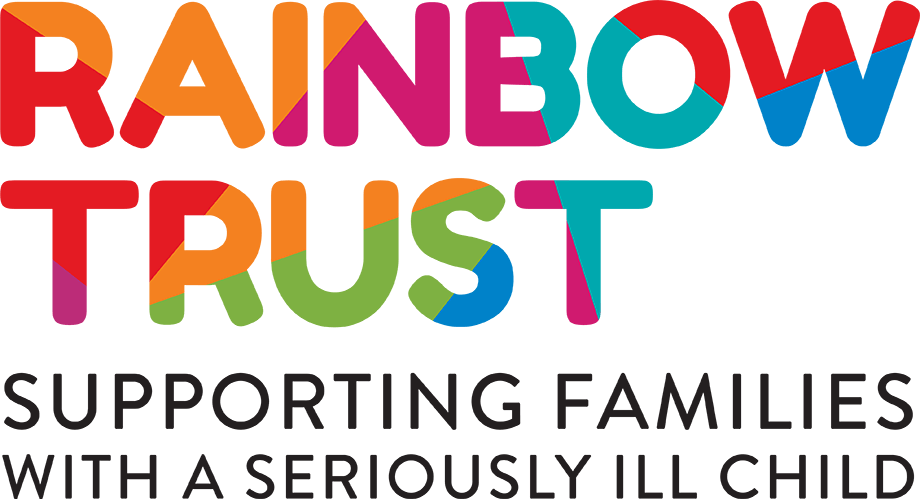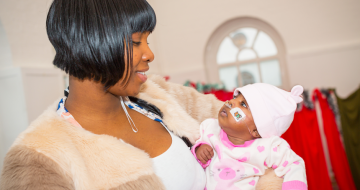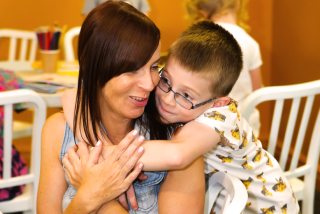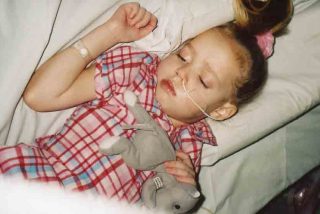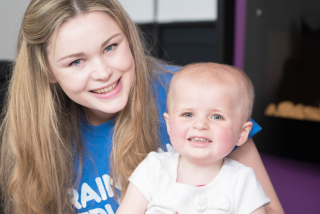Date published: 22 September 2016 by Anna Jackson
Rainbow Trust Children’s Charity welcomes a new report from the charity Bliss which sets out the practical and financial barriers which can prevent parents from being closely involved in their babies’ care on neonatal units.
These barriers can include a lack of overnight accommodation at a neonatal unit, and limited or no support to assist parents with food, transport or parking costs while visiting their baby.
For example, Bliss’ research found that only five out of 29 neonatal intensive care units meet national standards for the provision of overnight accommodation for parents as set by the Department of Health. This contrasts with hospital children’s departments which all have some sort of parent accommodation.
Bliss recommends that units should adopt the Bliss Baby Charter, make immediate plans to provide accommodation, and make sure that their future plans align with the Department of Health’s Toolkit for High-Quality Neonatal Services. The charity also urges units to provide more financial help and to make sure that communication improves, ideally by having a dedicated family support lead.
By providing flexible and practical support at short notice, such as looking after older siblings, Rainbow Trust Support Workers can help address some of these barriers and enable parents to spend more time with their baby, which is essential for bonding and attachment. Our Support Workers can also be an independent source of support, providing someone to talk to at a stressful time.
Anne Harris, Director of Care, said,
“As more and more babies with terminal or life threatening conditions survive for longer, because of medical advances, Rainbow Trust is expanding our presence on neonatal units. 1 in 8 babies born in the UK requires specialist hospital care. We want to make sure that all parents can be involved in the care of their baby as much as possible at this critical point, when every hour together can be precious.
What this new research shows is that there is much more that neonatal units need to do if they are to address the variation and gaps in services for parents depending on where they live. Tackling those gaps will be vital to make sure all parents can be as involved as possible in their babies’ care.”
